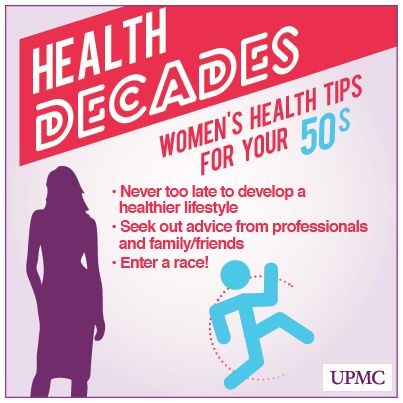Women’s Health in Their 50s and Beyond
As women enter their 50s and beyond, they experience various physical and hormonal changes that can significantly impact their health. This stage of life brings both challenges and opportunities for women to prioritize their well-being. It is crucial for women in this age group to be proactive in maintaining good health, making informed decisions, and seeking appropriate medical care. This article will delve into common health concerns for women in their 50s and beyond and highlight essential tips to ensure a healthy and fulfilling life.
Hormonal Changes and Menopause
One of the most notable aspects of a woman’s health in her 50s is the onset of menopause. Menopause marks the end of a woman’s reproductive years and is characterized by a significant decrease in hormone production, particularly estrogen. This decline in estrogen levels can lead to various symptoms such as hot flashes, night sweats, mood swings, and vaginal dryness. It is important for women to be aware of these changes and seek medical advice if these symptoms become debilitating.
Heart Health
Another critical aspect of women’s health in their 50s is prioritizing cardiovascular health. Women in this age group face an increased risk of developing heart disease, especially after menopause. It is essential to adopt heart-healthy habits such as maintaining a balanced diet, engaging in regular exercise, monitoring blood pressure and cholesterol levels, and avoiding smoking. Regular check-ups with a healthcare provider can also help detect any early signs of heart disease and ensure timely intervention.
Bone Health
As women age, they become more susceptible to osteoporosis, a condition characterized by weak and brittle bones. Estrogen plays a vital role in maintaining bone density, and its decline during menopause puts women at a higher risk. To promote optimal bone health, women should ensure an adequate intake of calcium and vitamin D through diet or supplements. Weight-bearing exercises, such as walking or weightlifting, can also help strengthen bones and reduce the risk of fractures.
Screening and Preventive Care
Regular screenings and preventive care play a crucial role in protecting women’s health as they age. Mammograms are essential for early detection of breast cancer, and women should adhere to the recommended screening guidelines. In addition, cervical cancer screenings through Pap smears are still necessary, even if menopause has occurred. Regular visits to the gynecologist are also crucial for monitoring overall reproductive health, discussing concerns, and receiving age-specific guidance.
Mental Health and Emotional Well-being
Emotional and mental well-being should not be overlooked when considering women’s health in their 50s and beyond. This stage of life can bring various emotional challenges, such as adjusting to empty-nest syndrome, caring for aging parents, or coping with the loss of loved ones. It is important for women to prioritize self-care, seek social support, and consider therapy or counseling if needed. Engaging in stress-reducing activities, such as meditation or hobbies, can also contribute to overall well-being.
Conclusion
Women’s health in their 50s and beyond requires a holistic approach that addresses physical, hormonal, and emotional well-being. By understanding the changes that occur during menopause, taking steps to maintain heart and bone health, prioritizing preventive care, and attending to mental well-being, women can ensure a fulfilling and healthy life beyond their 50s. It is never too late to make positive lifestyle changes and seek medical advice when needed. Embracing this stage of life with self-care and a proactive attitude can lead to increased overall wellness and longevity.


